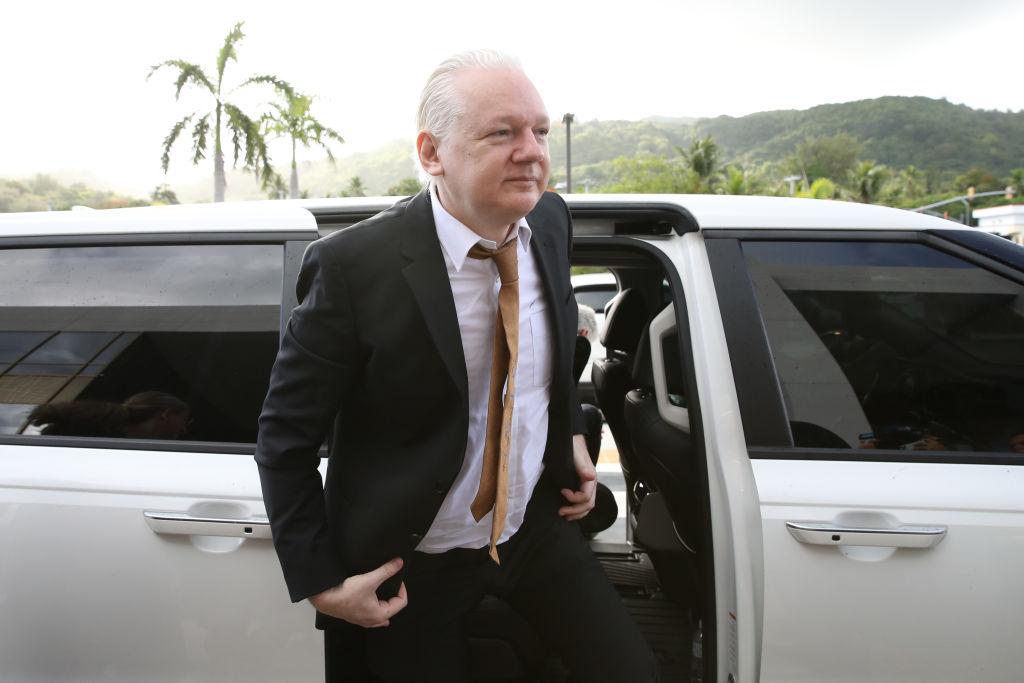John Shipton, the father of Julian Assange, says he looks forward to embracing his son for the first time in 15 years after the WikiLeaks founder was freed from a UK prison.
Mr. Assange has agreed to a plea deal with U.S. prosecutors and in return, will avoid extradition to the mainland United States and be allowed to Australia.





